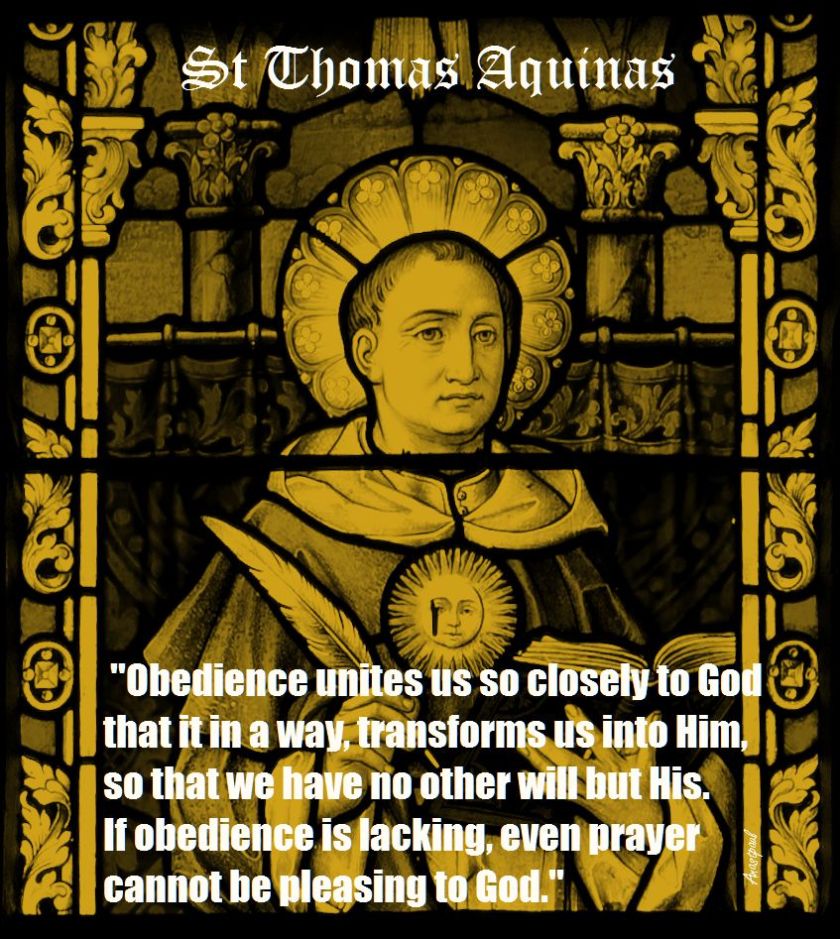Prophet Isaiah’s vision of the holy Temple The ancient appellation “Sanctus, Sanctus, Sanctus” is believed to have first been suggested by Pope St. Clement (A.D. 88-97) in a letter to the Corinthians, although its introduction to the Mass took place approximately two centuries later. As Christians praise the holiness of God in the Liturgy, they envision the same majestic glory Isaiah describes taking place in heaven. Hence, the sacred Sanctus (“Holy, Holy, Holy”) is the most beautiful of all liturgical acclamations. The beloved triplet prayer of praise is made visible to the world through the Liturgy of the Mass, artistic imagery, sacrament and prayer. Each form uniquely enables the faithful to contemplate the beauty of God sitting on his throne with seraphs exalting his praise from above (Isa 6:3). In his vision, the Prophet Isaiah captures the angelic sight and sounds he overheard surrounding the holy…
In our contemporary world, remaining centered on God and seeking only moral goodness requires the obedience of faith. Faith is by definition assent to things that are not seen. It is the absolute belief in the complete mysteries that remain hidden in the mind of God. St. Paul points to the significance of obedient faith. He tells us that “we were buried with Christ by baptism into his death. As Christ was raised from the dead by the glory of the Father; we too might walk in newness of life in Him (Rom 6:4). Faith that sustains perfect obedience to the will of God requires the real presence of grace. And cemented within the pursuit of obedience in the faith life is the call to uphold the moral tenets of the Christian faith. Theological and moral obedience are as inseparable as fish and the sea. Faith brings a firm…
Early on the Christian path, my interactions with “grace” painted a collage of images. Seeing God’s gift as something beautiful happened every time I tearfully sang John Newton’s hymn “Amazing Grace.” Later on, I equated grace with “sufficiency” after diving deep into the life of the apostle Paul. If God’s grace alone sufficed to help him endure that painful thorn, then it would surely strengthen my legs to withstand tough times too. While both encounters powerfully shaped how I thought about grace, it wasn’t until I watched “The Passion of Joan of Arc” that I became acutely aware of how living in a state of grace supernaturally connects us with God. Grace fits us now on earth for the glory of heaven. And by drawing us into the Trinity, we are empowered to become truly “God-like” and live the deiform life. According…
One of the earliest Christian hymns I learned as a child was the beautifully written “Jesus Loves Me” penned by the Warner sisters. The words “As He loves me He will stay, close beside me all the way…” inspired a heart of trust in my heavenly Father. With the passage of time, life changed with the entrance of several heartbreaking events. Belief in the wonder of God’s love because the Bible “tells me so” was thrown into a churning whirlpool. A parish family lost their little boy after an accidental fall. I discovered that people were not always kind to my large family of nine. The crippling loss of my beloved brother James on September 11th 2001 struck at my faith with a debilitating blow. The truth that we can suddenly wake up in a hellish world attempting to nullify God’s presence became a visceral reality. For this…
The best marketers persuasively try to equate “good” with their product or service. Catchy slogans like “Life is Good” and “Finger Lickin Good” are perfect examples of how “goodness” is used as the foundation for a brand’s identity. Yet in spite of their creative use of association, plenty of potential customers still choose to shop elsewhere. Driving this is the reality that the way people choose to determine what is “good” varies from person to person. Everyone has a different perception of what “goodness” means. Conversely, the nature of all persons universally begins with the same inherent goodness at the start of life. As we are all created in the image of God, his perfecting goodness is woven within each person in the same way. The reflection of God’s goodness is especially evident in the innocence and purity of young children. No matter how many…






